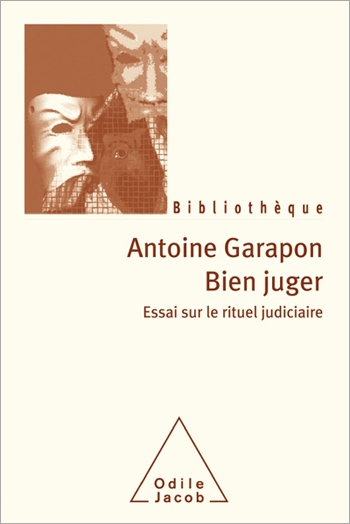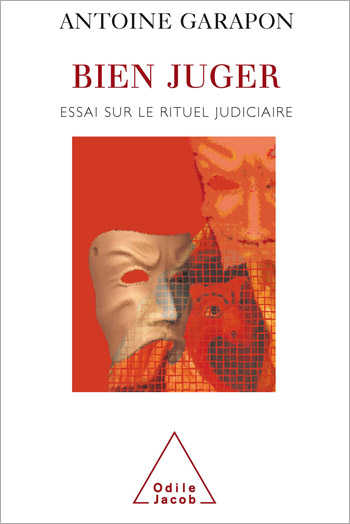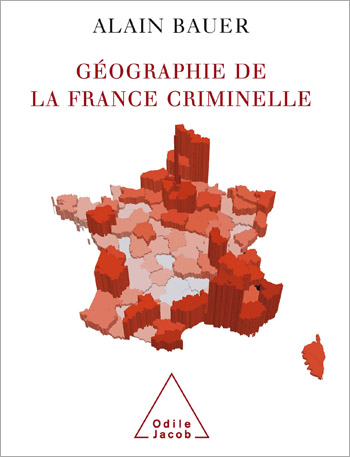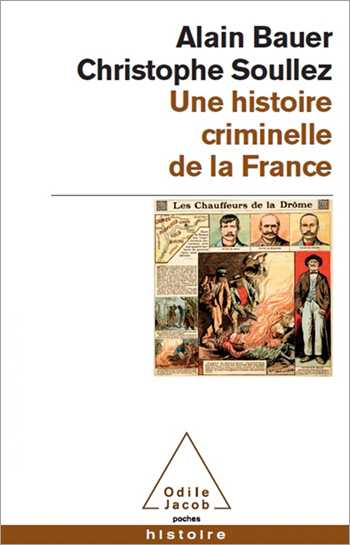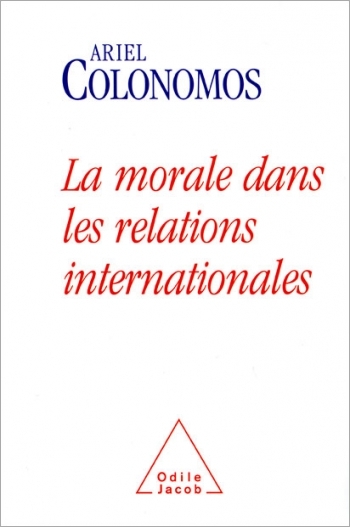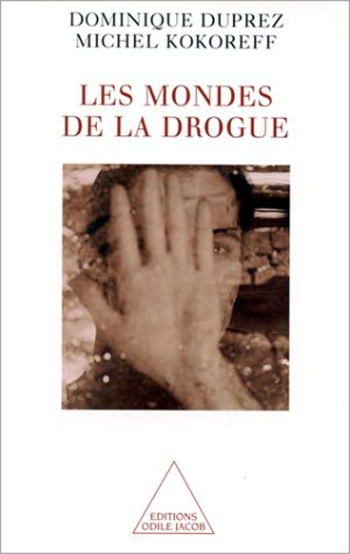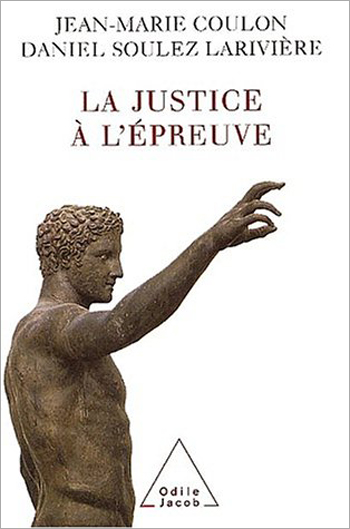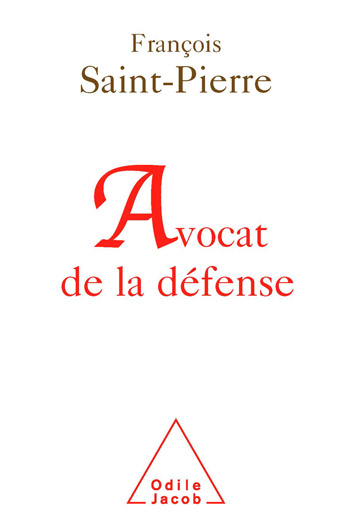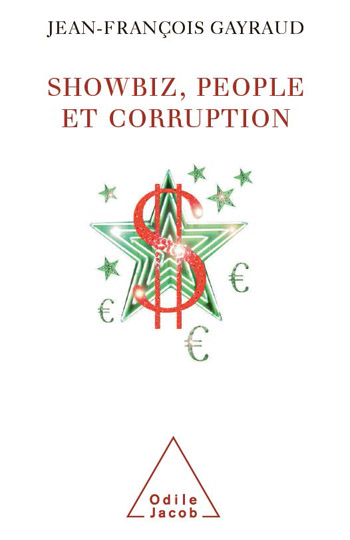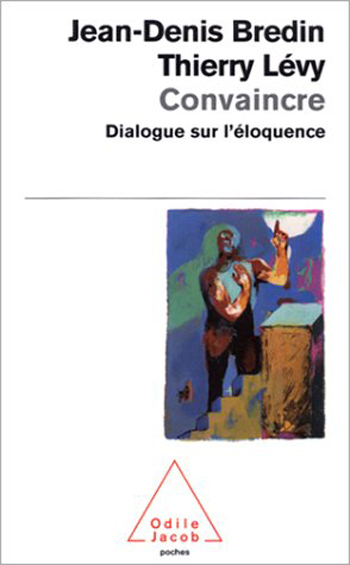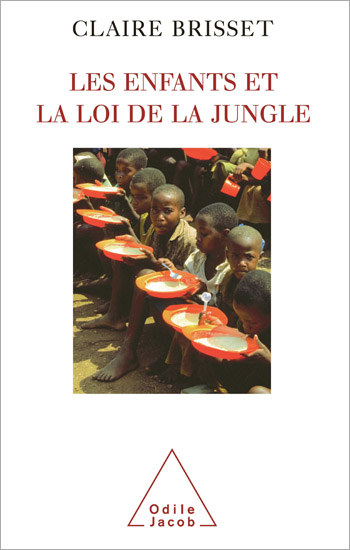Right, Justice All books

Antoine Garapon
Judging Well Essay on Judicial Ritual
Imagine for a moment that you assist at a trial for the first time. There is no doubt that you would be struck by the strange procedure which happens in front of you, the judicial discussions. It is true to say that before being a moral faculty, judging is firstly an event. According to the author, before there were laws, judges and courthouses, there was a ritual. This book aims to unveil all these facets, showing by example how the public gallery is there to culpabilise and inhibit the defendant, in order to make him submit to the judicial order. Can judges avoid staging trials in order to judge well ?
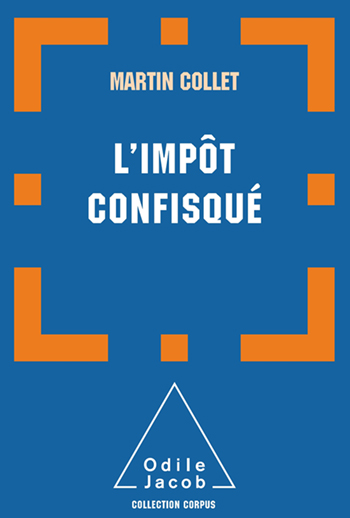
Martin Collet
Is Taxation Confiscation?
Who should decide on the legitimacy of taxation? The Law’s reply to a social issue
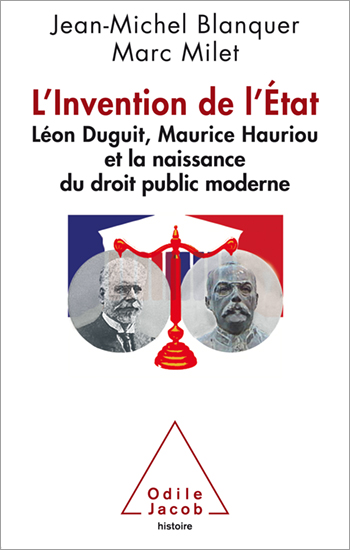
Jean-Michel Blanquer, Marc Milet
The Invention of the State Léon Duguit, Maurice Hauriou and the Birth of Modern French Public Law
How France’s judicial state was constructed in the early years of the 20th century, as reflected in the lives of two eminent legal figures
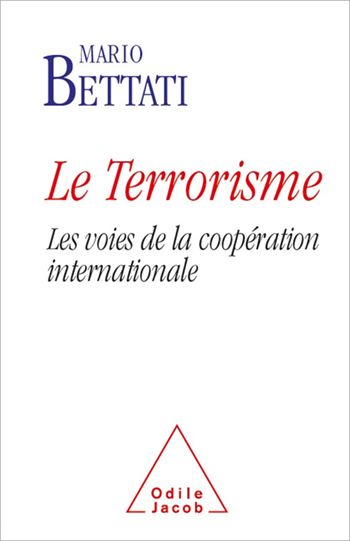
Mario Bettati
The International Struggle Against Terrorism
Terrorism and the anti-terrorist struggle appraised by an eminent European expert
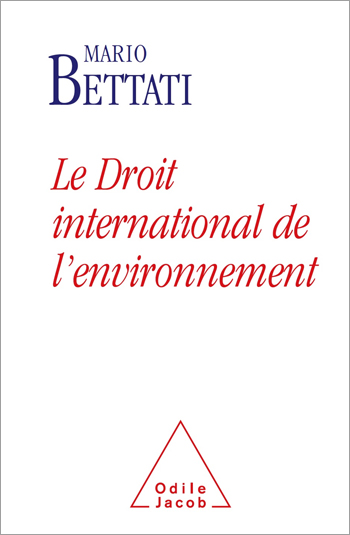
Mario Bettati
International Environmental Law
An indispensable book for students, diplomats and activists faced with attacks on the environment
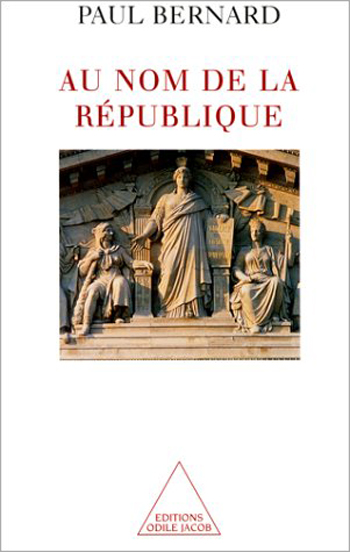
Paul Bernard
In the Name of the Republic
"Being a prefect is to do a job that comes with demands and responsibilities which are often not recognised. It is equally to accept a mission - that of representing the Republic. It is also adapting to the contradictions of the modern world." Paul Bernard Paul Bernard, a legal expert, has had a long prefectoral career which took him to various regions of France, including Aveyron, Sarthe and Corsica, before becoming the prefect of Rhône-Alpes and president of the Association du Corps Préfectoral et des Haut Fonctionnaires du Ministère de lIntérieur.
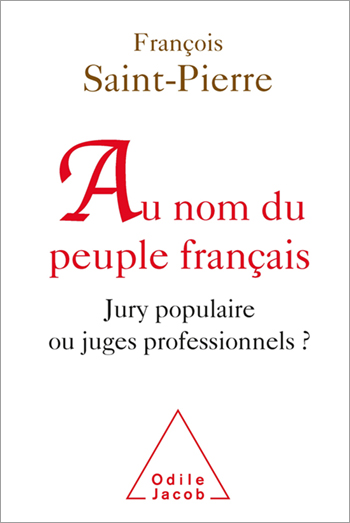
François Saint-Pierre
In the Name of the French People Trial by Jury or by Professional Judges?
Who should judge serious crimes?
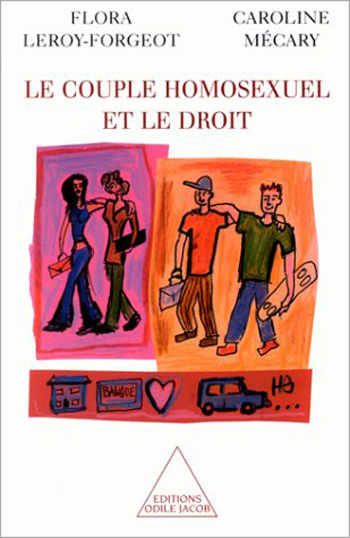
Flora Leroy-Forgeot, Caroline Mécary
The Homosexual Couple and the Law
"Should homosexual unions be recognised? Can foreign models of homosexual unions serve as a point of reference? What was the process of recognition? What could be the consequences? These are but some of the questions raised in this book, which provides all the necessary historical references concerning the social recognition of same-sex couples through the ages. Above all, it provides information on the various legal forms that such social recognition has taken in France as well as in other countries in Europe and North America. Flora Leroy-Forgeot and Caroline Mécary Flora Leroy-Forgeot is a researcher at the Institut Michel-Villey of Legal Studies and Philosophy of Law, at the University of Paris II. Caroline Mécary is a lawyer on the Paris bar and teaches at the University of Paris XII.
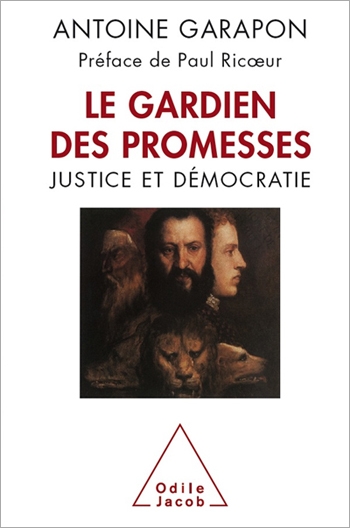
Antoine Garapon
The Guardian of Promises Justice and Democracy
The multiplying cases, the explosion of litigations, the sensational trials which catch the attention of the public : all are evidence of a growth in power of the judicial system, which we expect to be, at the same time, the arbiter of morals, the guarantee of public morality and responsible for the salvation of the people. But why dont we ask what things it cannot provide ? Isnt the idea of a judicial democracy just an illusion, which serves to hide serious problems ? The power of the judicial system is more worrying than exciting. It is an indicator of the discreditation of the State at the same time as a reduction in social cohesion. In the face of the fragility of democratic society, this book is a thorough reflection on the exercise of public power, affirming that the real role of the judge is not to take the place of the politic, but to diffuse the risk of democratic implosion by remaining the guardian of the promises at the very heart of republican laws. Antoine Garapon, a former judge and member of the editorial team of the journal Esprit, is the head of the Institute of Advanced Judicial Studies.
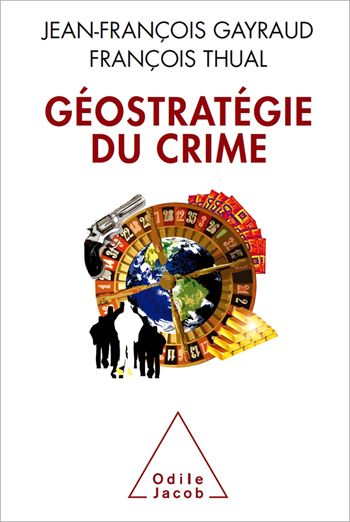
Jean-François Gayraud, François Thual
Geostrategy of Crime
Crime has not escaped from the effects of globalisation — with dire results. Two experts examine here the threats to our present and future security.
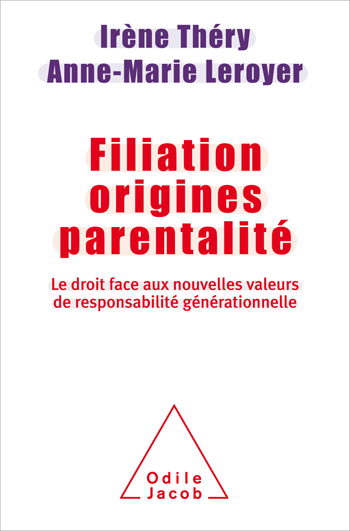
Irène Théry
Filiation, Origins, Parenthood How Lawmakers Are Dealing with Recent Notions of Inter-generational Responsibility
One of the most sensitive social issues of the day, analysed by an acclaimed specialist on family and social transformations
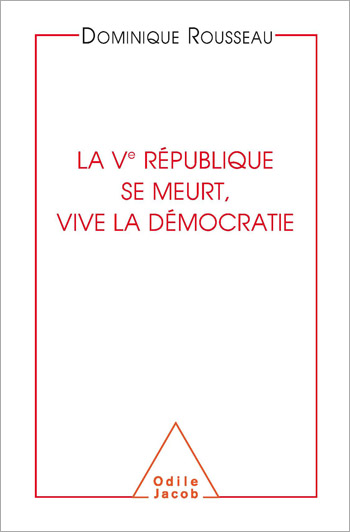
Dominique Rousseau
The Fifth French Republic Is Dying! Long Live Democracy!
The First French Republic was consular, the Second was presidential, the Third and Fourth were parliamentary, but the Fifth seems to have no distinguishing qualities.
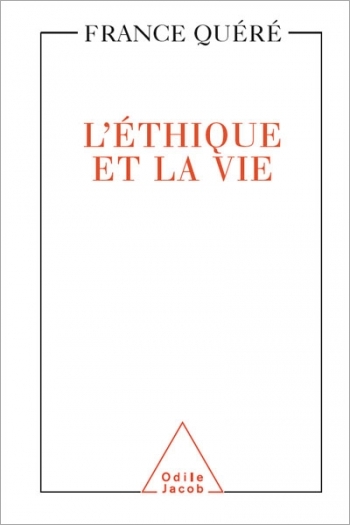
France Quéré
Ethics and Life
The recent advances in life sciences have modified our knowledge about the nature of man. Genetic engineering has given us a certain power over his future. Which principles must preside over artificial procreation and organ donation? How far can we allow genetic engineering and medical experimentations to go? What are the moral and ethical barriers of human science?
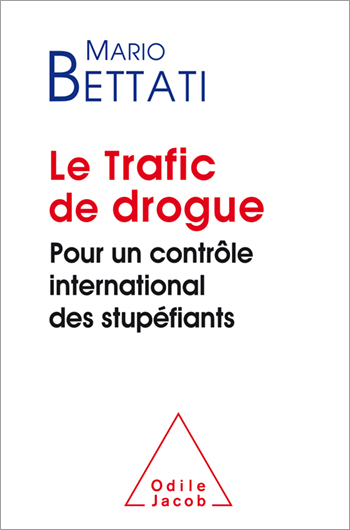
Mario Bettati
The Drug Trade Why Drug Trafficking Must be Internationally Controlled
An up-to-date review of international drug rings and of the legal and administrative measures to combat them
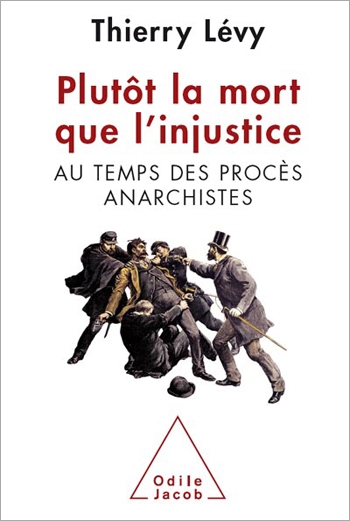
Thierry Lévy
Death Before Injustice The Era of Anarchist Trials
On 8 November 1892, a bomb went off in the staircase of a Paris police station. There was little doubt it had been the act of an anarchist...
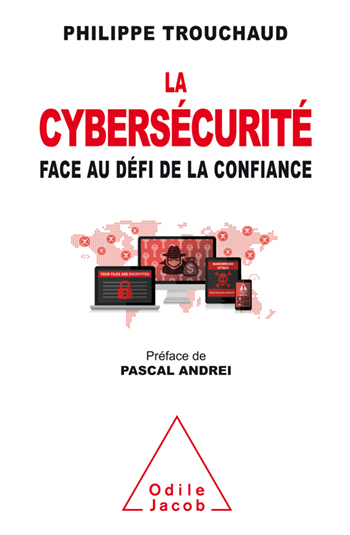
Philippe Trouchaud
Cybersecurity
All specialists agree that hacking incidents are only increasing. This book proposes ways to learn how to protect oneself while acknowledging that zero risk no longer exists.
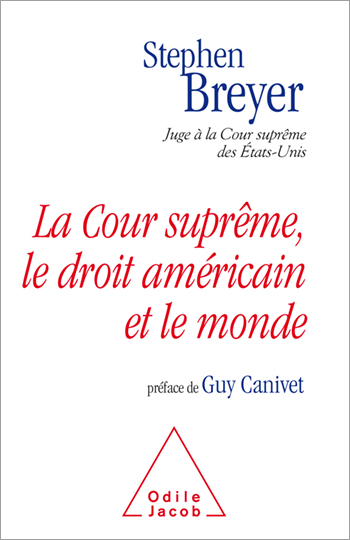
Stephen Breyer
The Court and the World American Law and the New Global Realities
n this original, far-reaching, and timely book, Justice Stephen Breyer examines the work of the Supreme Court of the United States in an increasingly interconnected world, a world in which all sorts of activity, both public and private—from the conduct of national security policy to the conduct of international trade—obliges the Court to understand and consider circumstances beyond America’s borders.
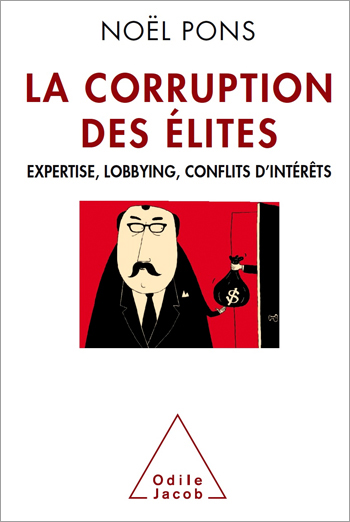
Noël Pons
Corruption of Elites
An expert in the current fight against political and financial fraud gives his viewpoint and shows that not all dysfunctions in the system can be blamed on individual or temporary excesses.
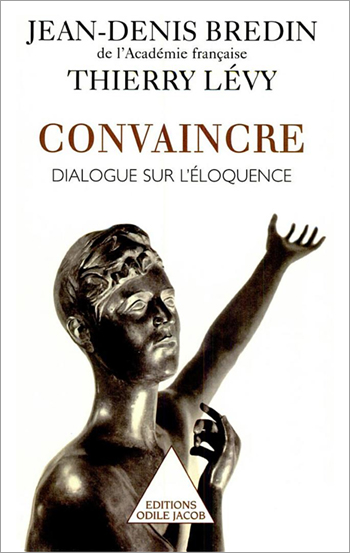
Jean-Denis Bredin, Thierry Lévy
Convince A Discussion of Eloquence
Two of France's most celebrated lawyers demonstrate the power of skillfuloration and how it can subordinate the actual facts. Anyone that is fascinated by speech, judicial history, and the art of debate, will truly enjoy gaining the knowledge, power and sense of conquest that this book imparts as they learn from the masters how to use eloquence advantageously. Entertaining, savage and brillant, this dialogue promises to help all with the art of elocution.
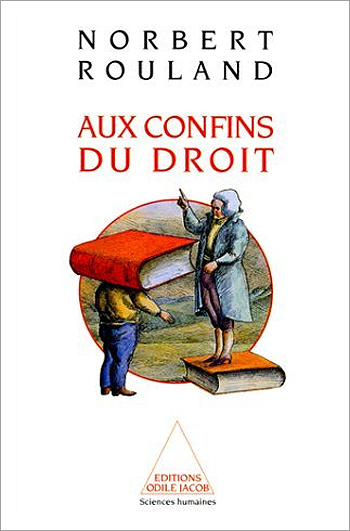
Norbert Rouland
The Confines of the Law
How did law come about? How do different societies answer to the same need for justice? N. Rouland invites us to explore the many aspects of law. Through various societies, a constant question emerges: can Africans, Asians and Westerners all adhere to the same norms? Norbert Rouland is a professor at the University of Aix-Marseille-III, where he teaches judicial anthropology and the history of law.
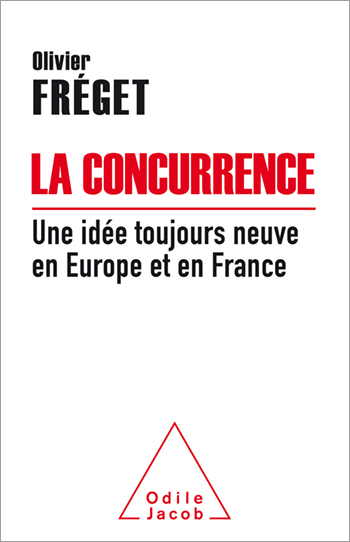
Olivier Fréget
The Competition: An Idea that Is (Still) a Novelty in Europe and in France…
European competition law, in support of pluralism

